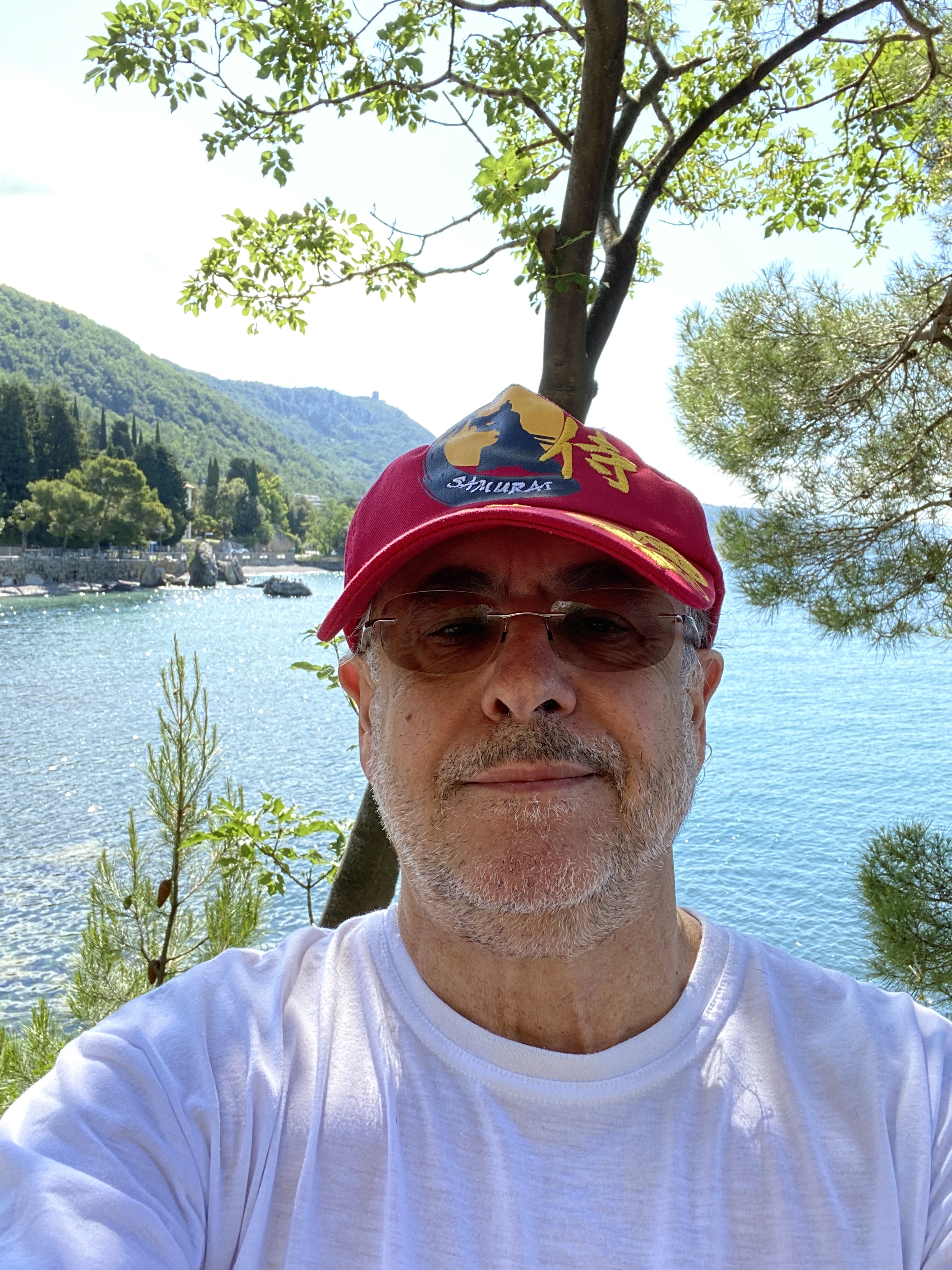Workshop on Algebraic Geometry and Physics 2025. Moduli Spaces in (Super)Geometry and Mathematical Physics. A celebration of Ugo Bruzzo's 70th birthday
Littoral Hotel
WAGP2025 marks the 20th edition of a distinguished series of Schools and Workshops organized by the Mathematical Physics and Geometry group at the International School for Advanced Studies in Trieste, in collaboration with leading institutions worldwide.  Previous events have been held in cities such as Trieste, Como, and Genova (Italy), Salamanca and Medina del Campo (Spain), Luminy and St. Jean de Monts (France), Lisbon (Portugal), Philadelphia (USA), Vienna (Austria), Seoul (Korea), Maresias (Brazil), Tianjin and Hangzhou (China), Leiden (Netherlands), and Guanajuato (Mexico).
Previous events have been held in cities such as Trieste, Como, and Genova (Italy), Salamanca and Medina del Campo (Spain), Luminy and St. Jean de Monts (France), Lisbon (Portugal), Philadelphia (USA), Vienna (Austria), Seoul (Korea), Maresias (Brazil), Tianjin and Hangzhou (China), Leiden (Netherlands), and Guanajuato (Mexico).
This year’s theme will be:
Moduli Spaces in (Super)Geometry and Mathematical Physics
The workshop will also provide a special opportunity to celebrate Ugo Bruzzo’s 70th birthday and honor his substantial contributions to algebraic geometry and mathematical physics.
Speakers
Gessica Alecci (Politecnico di Torino, Italy)
Charles Almeida (Federal University of Minas Gerais, Brazil)
Carolina Araujo (Instituto de Matemática Pura e Aplicada, Brazil)
Fábio Arceu Ferreira (Federal University of Paraíba, Brazil)
Giordano Cotti (Universidade de Lisboa, Portugal)
Peter Dalakov (American University in Bulgaria, Bulgaria)
Pedro Henrique Dos Santos (University of Campinas, Brazil)
Rodrigo Gondim (Federal University of Pernambuco, Brazil)
Michele Graffeo (SISSA, Italy)
Beatriz Graña Otero (Universidad de Salamanca, Spain)
Rafael Holanda (Federal University of Pernambuco, Brazil)
Daniel Hernández Ruipérez (Universidad de Salamanca, Spain)
Gianni Landi (Università degli Studi di Trieste, Italy)
Valeriano Lanza (Universidade Federal Fluminense, Brazil)
William Montoya (Universide de Campinas, Brazil)
Leonardo Roa Leguizamon (Universide de Campinas, Brazil)
Arpan Saha (University of Campinas, Brazil)
Renato Vidal Martins (Universide de Campinas, Brazil)
Organizers
Marcos Jardim (University of Campinas, Brazil)
Emanuele Macrì (Université de Paris-Saclay, France)
Andrea Ricolfi (SISSA, Italy)
Francesco Sala (Università di Pisa, Italy)
